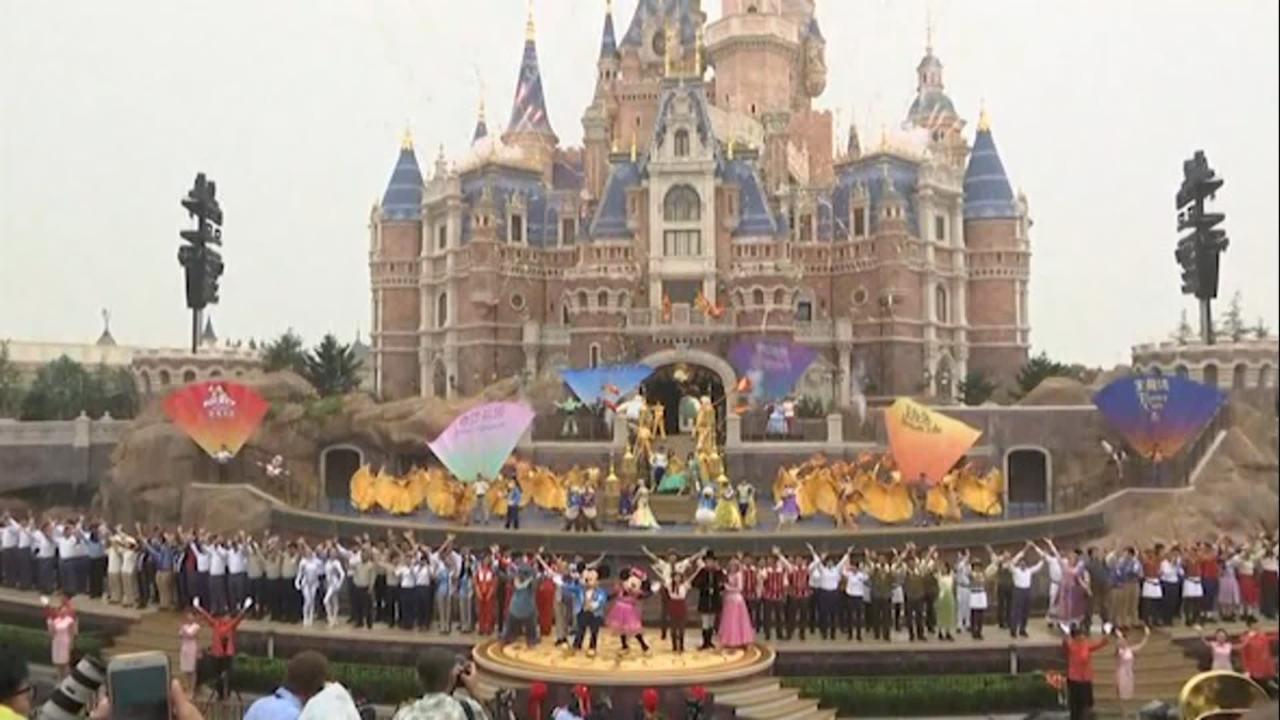CFI take: Too many cases exist of local management taking liberties with multinational corporations’ intellectual property, including authorized merchandise. Read this now and learn or read it and weep later.

When I was in high school, a friend got a job at a liquor store, and was often asked to work there by himself. Soon enough, word got around and (human) nature took its course, as the store became extremely popular with a certain segment of the school. My friend hadn’t sought or even anticipated this sort of attention; he was 16 years old and just wanted some extra cash. But when the store got cited for multiple infractions, it came as no surprise to anyone. As my friend observes to this day, “What sort of business owner lets a teenager run a liquor store by himself?”
I was reminded of this story when I read the news that Disney had terminated Meng Dekai, International Special Project Director in China, upon discovering that he had signed numerous unauthorized deals for new Disney projects in provincial cities that few people outside China have ever heard of, including Zhengzhou, Hefei, and Baotou.
Meng had been at this since at least 2009, and in addition to signing deals on behalf of Disney, it came out that Meng had also formed a number of companies with names similar to Disney’s Chinese name and registered a number of trademarks that were similar to those registered by Disney.
It’s unclear what Meng’s master plan was. Yes, Disney knockoffs are rampant in China, notwithstanding the Chinese government’s one-year campaign (tied to the opening of Shanghai Disneyland last year) specifically designed to combat counterfeit Disney products. But it’s one thing to sell knockoff Mickey Mouse backpacks at a mall in Nanchang, where you could clear out in a day if you had to. It’s quite another to build and operate a theme park. Even if Meng received massive kickbacks from the local governments, it’s hard to imagine how he expected to get away with this. It’s also hard to understand why government officials of these lesser-known cities bought the snake oil Meng was selling.
When the China practice group at my firm saw this story, we just shook our heads ruefully, because this is the same problem, writ large, that we see all the time when companies go to China. Once companies have established a presence in China (e.g., a WFOE), a foundational question is: how are they actually going to do business in China, and who will have the authority to act on their behalf?
We regularly conduct audits of firms’ China operations, and the disconnect between the parent company and the WFOE can be shocking. We regularly turn up everything from FCPA violations to employees who cannot be terminated because they were engaged without written contracts to company seals that have been missing for years. And pretty much once a month, we hear from an American or a European company that has just learned (usually via an anonymous email) that one of its employees (usually a trusted senior employee) is secretly operating a competing business on the side. Sometimes though there’s no bad intent on behalf of the Chinese employees; it’s just that there’s no clear oversight and they are operating the “Chinese way.” This is a recipe for disaster, even under the best circumstances. And if you’ve got someone untrustworthy holding the reins in China, things can go from bad to worse in a hurry. See also China Compliance: Don’t Rely on Your China Staff and China Compliance: Don’t Rely on your China Staff, Part II.
Many foreign companies are in a quandary because of personnel or geography or both: they want to have one of “their” people managing operations on the ground, but none of “their” people are willing and/or knowledgeable enough to move to China. And so they end up delegating authority to a Chinese employee who is unprepared and/or unwilling to manage the operations in accordance with the parent company’s wishes.
It’s an awkward situation, and made worse by the quirks of Chinese corporate law, which require every WFOE to decide three things:
- the identity of the legal representative, a person with the ability and obligation to act on behalf of the WFOE;
- the identity of the general manager, a person who is in charge of the WFOE’s day-to-day operations; and
- the location of the company seal, a physical artifact that makes a document legally binding on the WFOE.
The most efficient solution is to appoint a single person as the legal representative and general manager, and have that person be resident in China and in possession of the seal. But this solution places a tremendous amount of authority with a single person, and many foreign companies are understandably reluctant to do so unless they have someone in China that they trust implicitly. As a result, the typical solution is that the legal representative is an employee of the parent company who lives outside China but is tasked with overseeing Chinese operations, the general manager is a Chinese national who lives in China, and the seal is held by a trusted third party in China like an accountant. Yes, it’s as inefficient as it sounds, but it’s usually better than the alternatives. Many of these problems have their genesis when the WFOE is formed without any legal advice on how to handle (and mitigate) these three decisions.
I don’t know what sort of contracts Mr. Meng signed on behalf of Disney, but they better hope he didn’t have access to the company seal and wasn’t the legal representative of the Disney entity he was representing. Right now, this story is just bad publicity, but it may end up costing them millions. And (because every good China Law Blog post ends with a moral) it’s also an instructive story for every company operating in China. How much do you really know about what’s going on in your Chinese office?
— This article originally appeared on China Law Blog.





